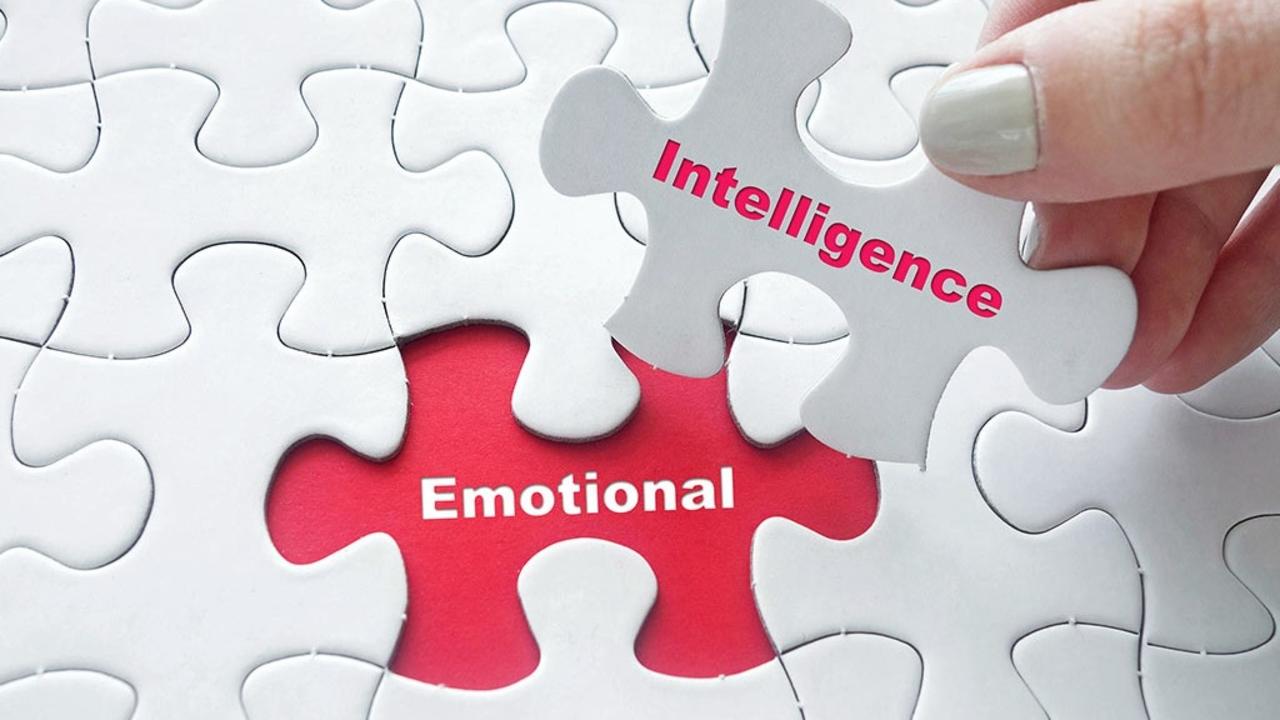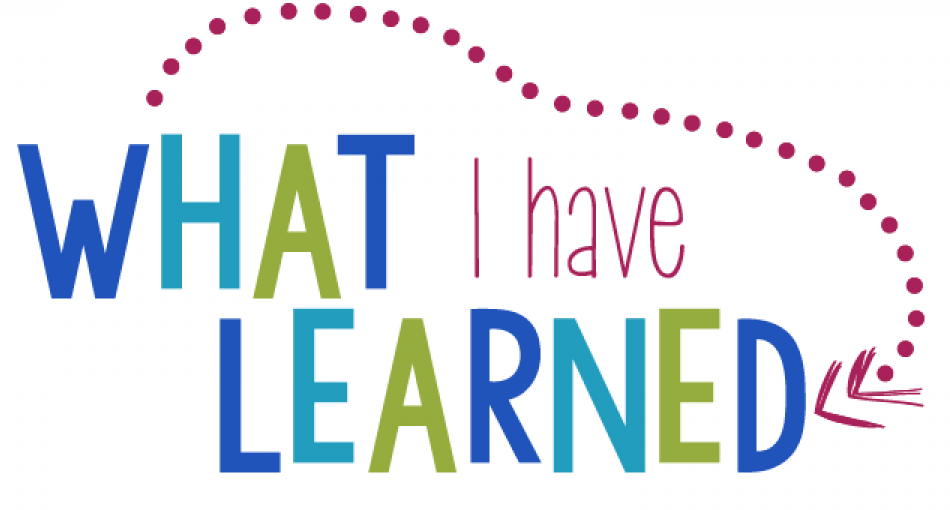Emotional Intelligence

The definition of Emotional Intelligence is the capacity to be aware of, control, and express one's emotions, and to handle interpersonal relationships with good judgement and empathy.
Now, I may sound controversial in saying this but I believe that a significant percentage of adults in our current society lack the emotional intelligence required to live a more joyful, harmonious and fulfilling life with themselves and others.
The fact is, is that developing emotional intelligence is about developing our ability to recognise and understand our own emotions as well as emotions in others. We use this understanding and awareness to manage our own behaviours and relationships.
When you take a really close look around, most people are pointing the finger of blame at everyone else instead of looking within to manage their own choices. We hear the phrases, 'He made me angry', 'She annoyed me' etc. While it is not condoned by most, there are still a lot of adults who are not in control of their emotions and act out and release them at any moment they arise. We see the lack of empathy and understanding of others via the gossip and complaining about other people.
Don't get me wrong. I think in general, people are truly good. But I do believe that as a society we are not as emotionally intelligent as we potentially could be and this is filtering down to our younger humans.
It is not a hard concept to learn. However, it can be challenging to become aware and learn a new way of living and thinking. I say this from my own personal experience - it can downright tough going at times. The thing is though - once you become aware of the fact that you are learning these new skills - you can no longer be unaware - which is where the challenge lies. There is going to be a transition from where are you are now to where you are going to be and it will take time, patience and love to move through.
Our little humans are struggling more than ever. Imagine, if we could teach them to be emotionally intelligent beings at such a young age. Imagine how much more control they could have over their own life. Imagine how empathy could thrive and grow in their lives and the lives around them. The future would be completely theirs with strong emotionally intelligent empathetic beings to run it.

Before we begin, we need to learn what factors assist us in becoming emotionally intelligent beings.
![]() Self-awareness
Self-awareness
Self-awareness is about understanding yourself. It is about knowing your weaknesses, your strengths, what drives you to be better in life, your values and how you impact other people. Being self-aware doesn't stop you from making mistakes. It allows you to learn from them and correct them. It is about looking at yourself and seeing who you truly are without judgement.
![]() Self-regulation
Self-regulation
Self-regulation is about your ability to control and redirect any impulses and moods you that come from disruption. It is about not letting your emotions cripple you but instead redirecting them towards more positive emotions and aligning your emotions with your passions. When you can't control what's happening around you, the challenge is to control the way you respond. This can be challenging for a lot of people - big and small!
![]() Motivation
Motivation
Motivation is simply about enjoying your growth and successes purely for what they are. It is about loving what you do. Having a passion for the work you do. It is simply about having enthusiasm, optimism and energy to improve in any area of life.
![]() Empathy
Empathy
Empathy is understanding other people’s emotions and how they work. It’s considering other people's feelings, especially when making decisions. Understanding the feelings of others and learning to see from their perspective is important in guiding our own actions. We often say we have empathy but our actions don't always align with that.
![]() Social Skills
Social Skills
Social skill is about building relationships with others in order to move them in desired directions. This is about how we positively influence those around us. We all influence each other in one way or another. The challenge is to do it in a positive and meaningful way.
For emotional intelligence to be effective, we have to start with ourselves. We can’t impact or enhance other people’s well-being or improve our sense of self without first understanding how we operate on an emotional level.

So where do we start? We teach this:
![]() In order to know others, we must first know ourselves.
In order to know others, we must first know ourselves.
It is challenging for little humans to do this but certainly not impossible. They are still getting to know themselves. But teaching them to be tuned into their own emotions, recognising what they are and understanding that they are part of who they are, helps them to be better at reading emotions in other people. This recognition is needed to develop understanding and empathy.
![]() The driving force
The driving force
Emotions are more powerful than anything else. World conflict is not started from reason or logic. They are started from emotion and the lack of control or understanding of what to do with them. Emotions are the driving force behind all thinking and reasoning. Having emotional intelligence helps us to make more positive and better decisions.
![]() Power of choice
Power of choice
Choosing responses in the midst of emotional turmoil is challenging. Emotional intelligence is not about suppressing our emotions. It is also not about getting carried away by our emotions, and overacting what we think is being perceived. It is about maintaining self-reflection in amongst all the chaos. It is about choosing what to focus on and not allowing the emotion to take control of the brain. The bottom line is that there are so many things around us, that evoke such strong emotional responses, that are completely out of our control. So if we can't control the situation, the only thing we can control is our emotional reaction to it.
![]() Triggers and Stress
Triggers and Stress
As sad as it is to actually say this, our kids are experiencing higher levels of stress than ever before. The stress is coming from home life, school expectations, peer groups and social media. The pressure is real for them. There is no avoiding any of these things so it is important that we get to know our kids really well and learn their triggers. Teaching them to recognise their triggers (as well as learning to identify our own) will help them to practice their responses more consciously.
Ways to support the development of Emotional Intelligence in ourselves and our little humans:
- Open the lines of communication of social and emotional learning. If you are in the classroom, morning meetings are great. If you are at home, fostering opportunities in the morning to discuss wellbeing is important. Just start.
- Journal writing. Get it all out. No one actually has to read it but the act of physically writing thoughts down is a great way to develop self-awareness in all ages.
- Foster creativity. Providing yourself and your kids with opportunities to express your creativity helps you and them to handle the curve balls that life will inevitably throw at them.
- Recognising emotions like frustration and confusion are not always negative. Teaching and learning that frustration means that you are on the verge of a breakthrough or confusion mean you are about to learn something new. If we teach ourselves and our kids to expect the breakthroughs and expect to learn something with any emotion we have, it opens up a whole new world of self-awareness.
Emotional intelligence is where the heart meets the head. It is the section they both meet. It is not the opposite of 'having intelligence'.
If your emotional abilities aren't in hand, if you don't have self-awareness, if you are not able to manage your emotions, if you can't have empathy, then no matter how smart you are, you are not going to get very far.
Daniel Goleman
Until next week....wishing you a wonderfully self-aware week!
Clarissa xo
Stay connected with news and updates!
Join our mailing list to receive the latest news and updates from our team.
Don't worry, your information will not be shared.

